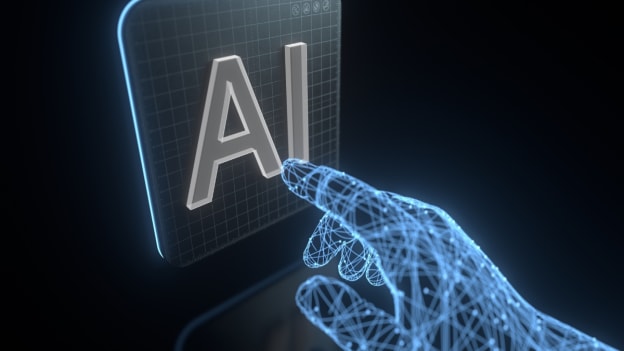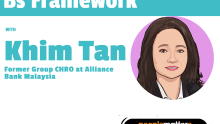Davos AI wake-up call: Let's not fight the last war

AI captivated the World Economic Forum's Davos summit 2024, igniting fiery debates about its ethical application. Tech titans sparred over its future path, while global leaders grappled with harnessing its potential responsibly. AI's ubiquity, India's ascendance, and the looming digital divide emerged as dominant narratives at this year's summit, as Cisco's Jeetu Patel succinctly captured in a LinkedIn post.
Forget climate change, for now. The poster boy of artificial intelligence Sam Altman warned that our energy grid is woefully inadequate for the future of AI. The solution, he argued at a Bloomberg event, lies in a bold leap towards either nuclear fusion or cheap solar. "No breakthrough, no AI future," Altman declared. In 2021, Altman made a $375 million gamble on Helion Energy, a nuclear fusion company. They've since inked a deal to power Microsoft, setting the stage for future breakthroughs.
Also Read...
- Is the four-day workweek here to stay?
- Exclusive Interaction with NTT Data CEO Bob Pryor
- Will AI kill jobs or liberate human talent? Well, it could rewrite history!
Microsoft's Nadella played down the global risks we reported earlier, saying tackling misinformation isn't new. Altman agreed, stating, "It’s always a mistake to try to fight the last war."
Bill Gates sees AI as a game-changer, boosting everyone's productivity. Yet, he warned it's a double-edged sword – bad actors could exploit it for cyberattacks and weapon design. We must ensure top-notch AI for defence is in the right hands.
Big tech is dangerously after AI profits, warned UN Secretary-General António Guterres. He accused tech giants of recklessly pursuing generative AI breakthroughs, increasing the risk of unintended consequences.
Guterres bluntly connected AI risks to the climate crisis, pointing out the lack of a global strategy for both challenges. Challenging tech industry reps at WEF, he demanded urgent collaboration with governments to set essential guardrails.
Julie Sweet from Accenture brought optimism, highlighting its hefty $1 billion annual investment in workforce training for the AI era. She also announced 10 global innovation hubs for generative artificial intelligence, with one in London.
The looming question remains: Will AI become a job-killing monster or a tool to empower a more skilled and adaptable workforce? The IMF Chief Kristalina Georgieva warned AI could replace or complement almost 40% of jobs globally. The IMF's Gita Gopinath noted a higher risk for the US at 60% and a lower risk for India at 30%, due to its large agricultural workforce.
The diverse impact of AI throws down the gauntlet for unprecedented collaboration. Industry must step up, and commit to workforce reskilling. Governments must take action, and craft humane policies that empower not displace. Academia must commit to developing ethical frameworks guiding responsible research. Workers must demand their rightful place in this new landscape while continuously upskilling and adapting.
More importantly, leaders must steer this revolution with a vision that keeps human interests at its core, over short-sighted profit. While technologists should persist in pushing boundaries with a sense of purpose, leaders need to move beyond articulating intent and take decisive actions.
Davos exposed challenges but ignited a shared resolve to steer AI responsibly. The future is ours to forge. Let's choose wisely.















